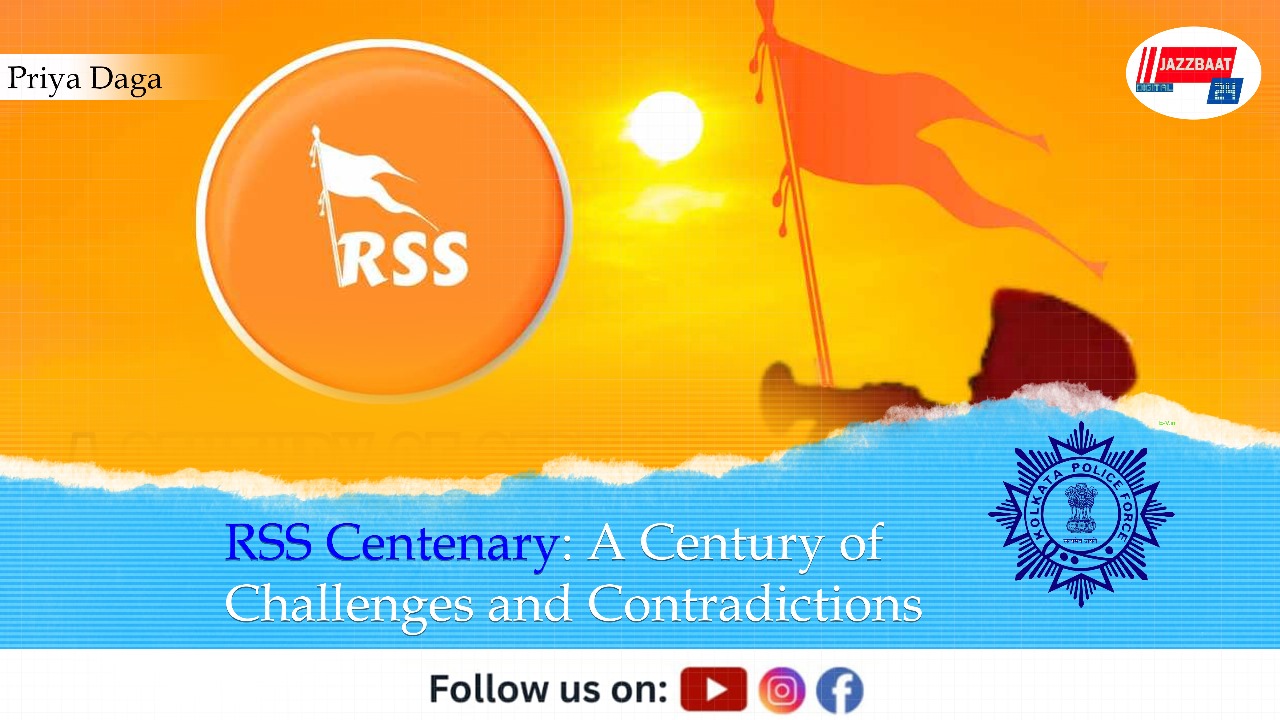As the Rashtriya Swayamsevak Sangh (RSS) marks its 100th anniversary, celebrations across the country highlight the organization's longevity and influence. Prime Minister Narendra Modi and numerous supporters have praised the Sangh's dedication to the nation. However, a closer examination of its history reveals a more complex narrative of ideological setbacks and strategic compromises.
The RSS's first major challenge came from Mahatma Gandhi's moral nationalism. Founders K.B. Hedgewar and M.S. Golwalkar struggled to gain traction among India's Hindu population, as Gandhi's vision had already captured the national imagination. The assassination of Gandhi on January 30, 1948, by Nathuram Godse, who had RSS connections, proved counterproductive to the organization's ambitions, cementing Gandhi's status as a national icon.
In subsequent decades, the RSS found itself repeatedly overshadowed by the secular nationalist framework established by Jawaharlal Nehru and later Indira Gandhi. Nehru's progressive vision for modern India resonated more powerfully than the RSS's appeals to tradition. His legitimacy, earned through the independence movement, gave him an authority the RSS could not match. The 1971 Bangladesh Liberation War dealt another blow to the RSS worldview, as Indira Gandhi's military success undermined the organization's core arguments about Pakistan and Muslim citizens.
Despite its extensive network of volunteers and proclaimed ideology, the RSS remained largely a fringe organization for decades. Its vision of "Bharatiyata" clashed with the entrenched realities of India's caste system, limiting its appeal even within the Hindu majority. The organization excelled in local street-level activities during communal tensions but never seriously challenged the authority of the Indian state or district administration.
A significant turning point came with Atal Bihari Vajpayee, himself an RSS member, who became Prime Minister in the late 1990s. Vajpayee emerged as a compromise candidate favored by international economic interests and Indian corporate leaders seeking stability. The RSS found itself sidelined as Vajpayee's government made pragmatic compromises to maintain power. The organization's acceptance of this marginalization, including the exile of senior leader Govindacharya, represented a departure from its self-proclaimed uncompromising nationalism.
The current Modi era, beginning in 2014, presents new contradictions for the RSS. While enjoying some governmental patronage, the organization has found itself subordinate to Modi's personal brand of politics. Critics argue that the RSS has compromised its spiritual and moral positioning by aligning with the economic policies and governance style of the Modi government.
As the RSS enters its second century, it faces questions about its relevance and autonomy. The organization that once positioned itself as the guardian of Hindu interests and national revival now finds itself deeply intertwined with contemporary political realities, raising doubts about whether this represents genuine achievement or another form of ideological compromise.
The centenary celebrations may showcase organizational endurance, but they also invite scrutiny of how the RSS has adapted, compromised, and evolved over a century of Indian history.
